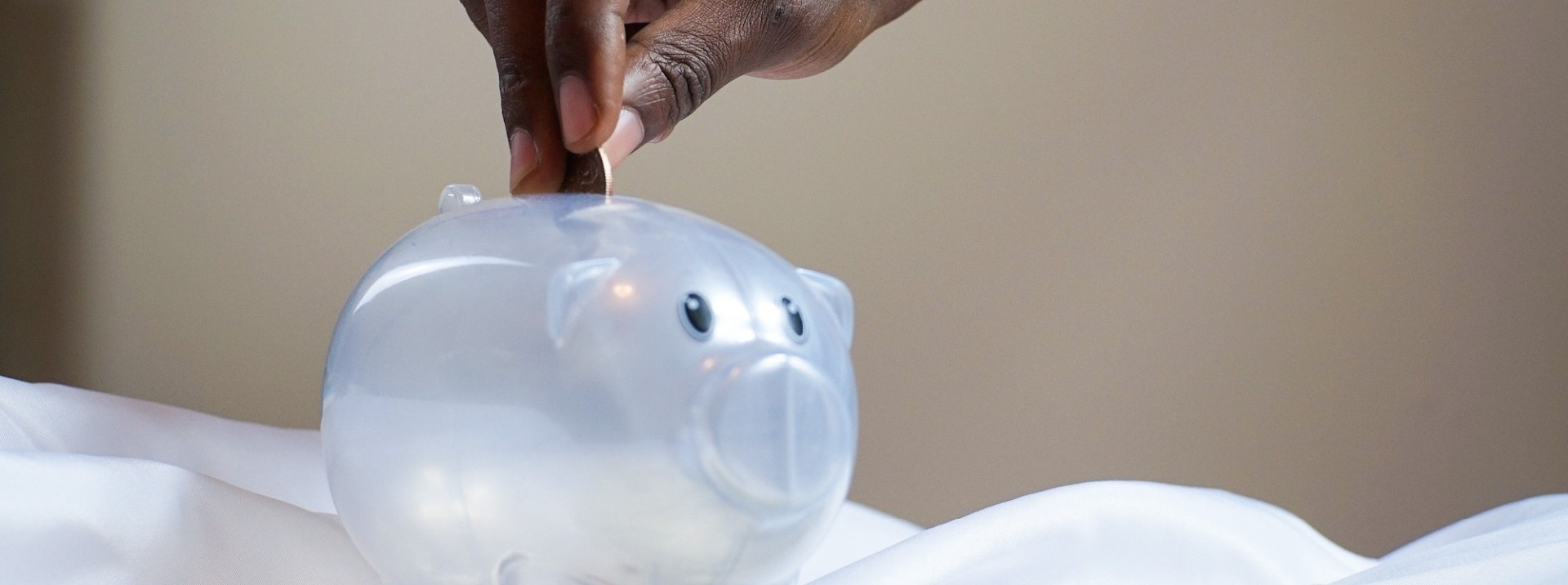How to Save Tax in the UK
If you’re finding that your tax bills are seriously cutting into your profits or you simply want to maximise your cash flow, the tax specialists at TreyBridge Accountants are here to help. In this blog we outline a few ways of saving tax in the UK that may apply to you and your business.
Your personal allowance
This is something that automatically applies but it’s worth a quick mention. The personal allowance allocates individuals a certain amount of money they can earn in a single financial year without paying tax on it. As of April 2021, the tax-free personal allowance is £12,750, so you only pay tax on earnings over the threshold.
Avoiding the 60% tax trap
We haven’t nicknamed it that ourselves, as people widely refer to it as the 60% tax trap. It’s called that because if you earn more than £100,000 a year, your tax-free personal allowance will reduce incrementally. For every £2 you earn above £100,000, you lose £1 of your personal allowance. In other words, you’re paying 60% tax on income between £100,000 and £125,000.
There are ways to avoid this from happening. For instance, if you earn £100,000 and are due a bonus for your hard work, the bonus will be taxed at 60%. This means that a £10,000 bonus will have a whopping £6,000 removed by HMRC. Instead of a bonus, you could instead ask for a larger contribution into your pension, as this is far more tax-efficient.
Capital Gains Tax
When you sell an asset such as property, you have to pay Capital Gains Tax on the profit. However, the Capital Gains Tax allowance is £12,300, which allows you to make up to £12,300 in profit on the sale of an asset without paying any tax. Still, anything over that will be taxed, which could significantly reduce your profits.
Luckily, there are some ways to reduce your Capital Gains Tax bill:
Both members of a married couple get a Capital Gains Tax allowance, essentially giving you two £12,300 allowances to make use of.
If you’re married and one of you is on a lower rate of tax, the asset can be held solely in their name. As a result, tax on the profit from selling the asset will be 10% instead of £20% (or 18% instead of 28% if you’re selling a property).
Any other investments that have made a loss that year can be offset against your capital gain when selling an asset, which could potentially result in no tax needing to be paid.
Corporation tax
Limited companies pay 19% tax on all profits made within a tax year. This annual tax bill can be reduced by making employer pension contributions (including into directors’ pensions), as these are treated as a deductible expense by HMRC.
You should also be claiming all of the tax deductible expenses you’re eligible for, such as purchases of computer and office equipment, outsourced services such as accountancy and marketing, and even a small tax allowance for working from home. Make sure to keep all of your receipts and either add them into your cloud accounting software yourself or forward them to your accountant.
Income tax
As with corporation tax, your income tax bill can be reduced if you pay into a pension. This means that you’re paying less tax without sacrificing income in the long run, as it will be invested into your nest egg for when you retire.
Ask us for tax advice
If you’re looking for help with tax planning, call our Yorkshire office on 01482 235575, our London office on 0207 885 0605, or fill in the contact form below.
Tagged as: Tax & Expenses
Share this post:

